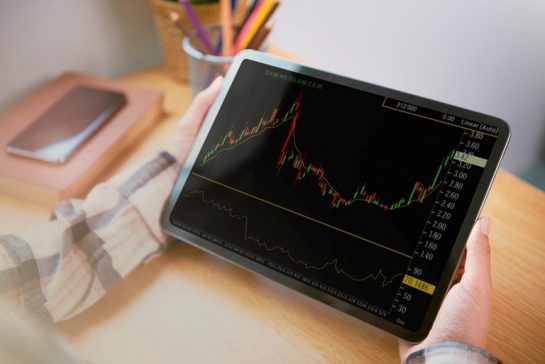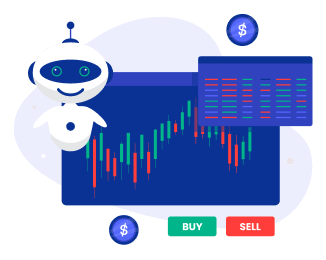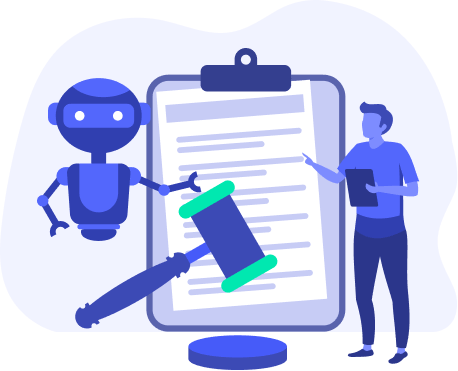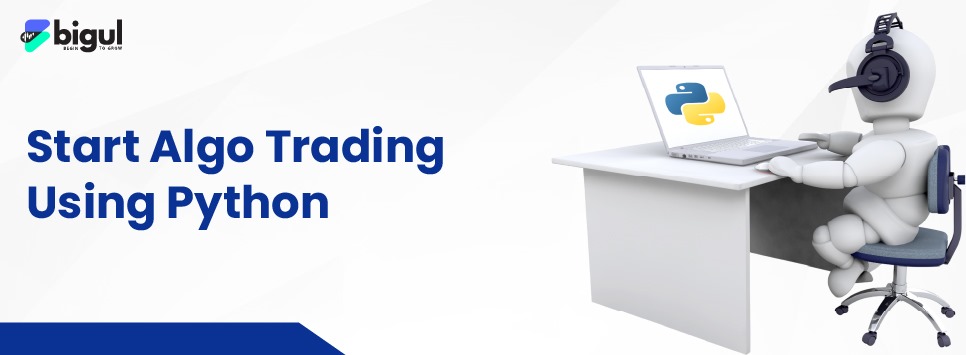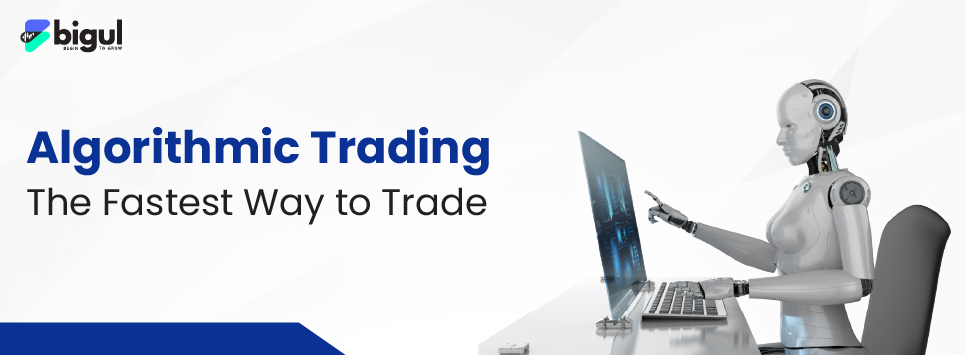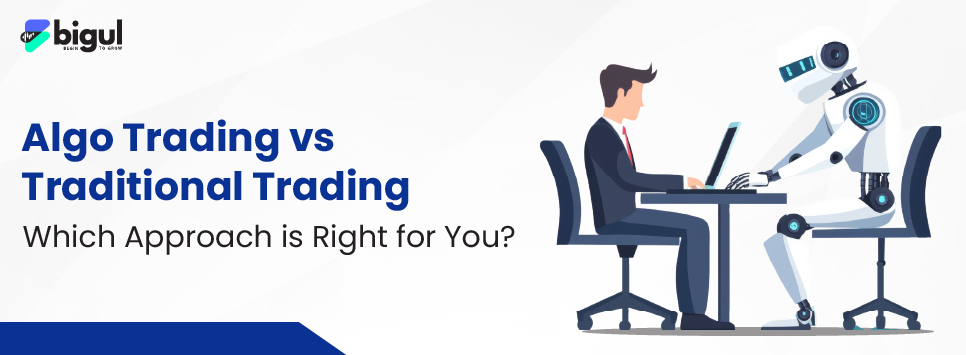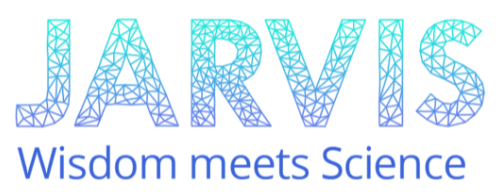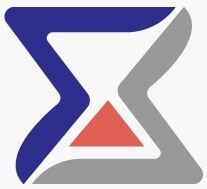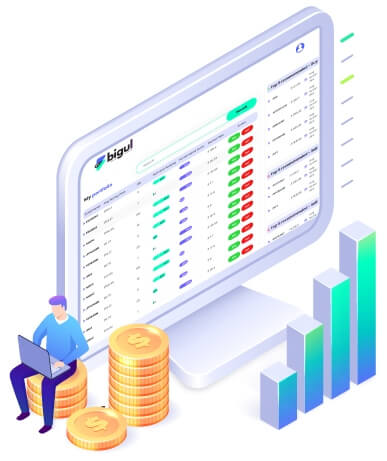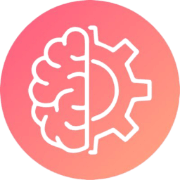Algo Trading in India and its legality
The SEBI (Securities and Exchange Board of India) approved the Algo trading in India in 2008. In the beginning, only institutional investors, such as mutual funds and insurance companies, were allowed to do it, but now, even retail investors are allowed to deploy their strategy completely onto Algo software. Lots of broker and fintech companies offer a way to do Algo trading through an Application Programming Interface (API).
Users can either create their own trading strategy based on their conditions or pick one that's already set up by the Algo platform providers like Bigul. According to the 2018 report from NIFM, 50% of all clients' trades are done through Algo software, and about 40% of proprietary trades use it, too. In more developed markets, Algo trading makes up about 80% of all trades.













